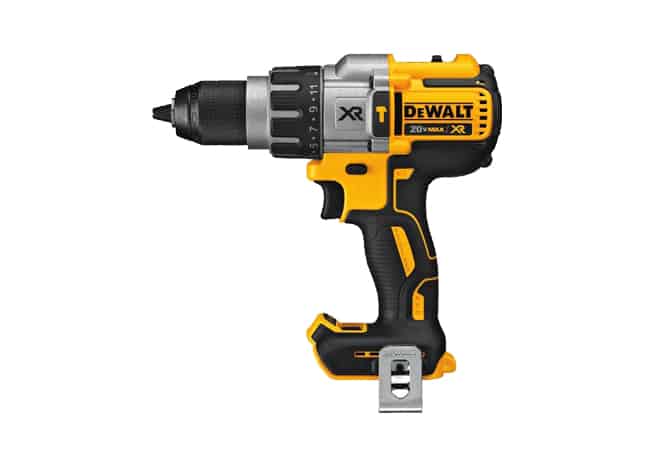The electric hammer is a common electrician’s tool, it is often used to drill holes in concrete, floor, brick walls and stone
Contents
hide
In the process of using the electric hammer, it will always encounter various failures, making it impossible for electricians to use it
There are seven common faults of the electric hammer
We will analyze the causes of these electric hammer failures, and provide solutions for each type of electric hammer failure

NO.1 The motor does not turn after the power is turn on
Cause of issue
- The socket is in poor contact
- The switch is disconnect, the cable core wire is broken, and the circuit is not open
- The stator winding of the hammer is burned out
- The winding of the hammer is grounded (That is to say the short circuit)
Solution
- Replace the socket
- Find the disconnection and check the power on and off
- Overhaul the stator
- Eliminate the short circuit fault
NO.2 The speed of the motor is low after starting
Cause of issue
- The motor is short-circuit or broken between turns
- The power supply voltage is too low
- The brush pressure is too small
Solution
- Find and repair the short-circuit and disconnected parts
- Notify the electrician for maintenance and adjustment
- Adjust the brush pressure
NO.3 The electric motor in the hammer is overheating
Cause of issue
- The power supply voltage is too low
- Purge the stator and rotor
- The fan port and the airflow is blocked
- The load is too large and the working time is too long
Solution
- Inspection the power supply voltage
- Disassembly and inspection to see if there is any dirt or bending of the rotating shaft
- Elimination of airflow faults
- Natural cooling during the shutdown
NO.4 The working head only rotates without impact
Cause of issue
- Excessive force
- Incorrect assembly of parts
- Piston ring wear
- The drill rod is too long or there is a foreign object in the cylinder
Solution
- Reduce the pressure
- Reassemble
- Replace the piston ring
- Inspect and repair to remove foreign objects